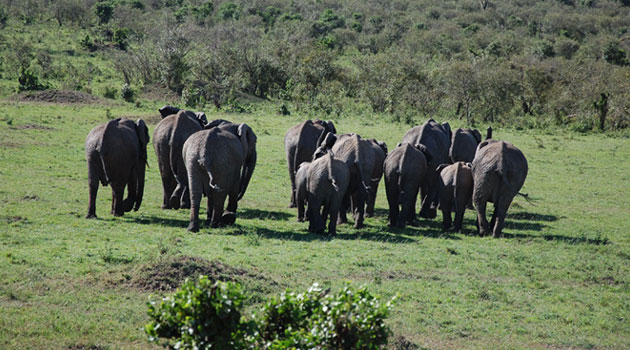Scientists at the forensic and genetics laboratory at the Kenya Wildlife Service (KWS) headquarters in Nairobi will be able to analyse and genetically trace seized items such as elephant ivory or rhino horn in order to provide more compelling evidence in court cases.
Construction of the Sh60 million ($623,000) facility has taken nearly three years. Tanzania opened a similar lab at a college in Moshi in 2013 to provide training in forensic science.
“The establishment of the laboratory is critical to yielding convictions in courts of law and thus deter wildlife crimes,” said KWS, the government body responsible for wildlife protection, in a statement.
It admitted that in wildlife crime cases “prosecutions and convictions are rare” and blamed this on the lack of accurate evidence.
“In some incidences, effective prosecution is hampered by lack of concrete expert evidence that can link a poacher to a confiscated rhino horn or ivory and relate it to a specific poaching incident,” KWS said.
Elephants and rhinos are under siege in Africa, their poaching driven by demand from Asia.
Studies have found that the Kenyan port of Mombasa is the smugglers’ exit point of choice for moving illegal wildlife products out of Africa.
A 2014 study by conservation organisation Wildlife Direct concluded that wildlife crimes are “mismanaged” by Kenyan courts and that only four percent of offenders convicted of wildlife crimes went to jail.
The study found that in 70 percent of the cases it examined, case files had gone missing, making effective prosecution impossible.
Kenya’s most high-profile wildlife crime case to date is that of suspected ivory trafficking kingpin Feisal Mohammed Ali who was wanted by Interpol and arrested in Tanzania in December.
In the months since his extradition to Kenya and first court appearance in Mombasa the case against Ali has made almost no progress, leading conservationists to worry it may collapse altogether.










































